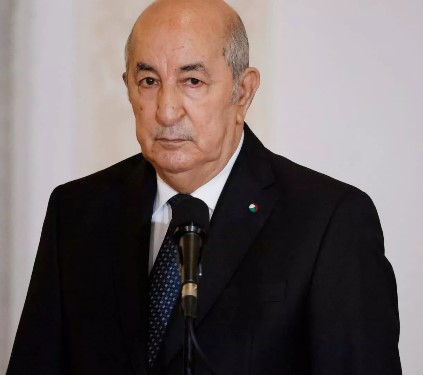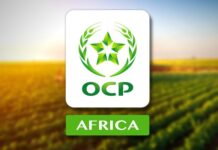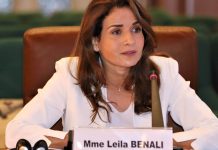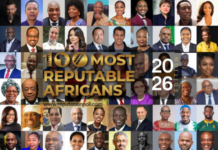Algeria’s repeated diplomatic failures, rooted in an obsessive antagonism towards Morocco, have placed it at odds with international political ethics. Instead of focusing on critical domestic challenges, such as economic and social development, Algeria channels significant energy into opposing Morocco’s initiatives. Meanwhile, the region’s economic and geopolitical landscape is being reshaped without Algeria’s meaningful participation.
Algeria’s rigid anti-Moroccan stance is both ineffective and counterproductive. Its persistent attempts to disrupt Morocco’s relationships with regional partners, particularly Mauritania, exemplify this misguided approach.
One striking example of Algeria’s faltering strategy is the recent recall of its ambassador to Mauritania, Mohamed Benattou. Known for his sharp criticism of Morocco, Benattou was replaced by a chargé d’affaires, signaling a symbolic demotion. This shift highlights the failure of Algeria’s attempts to sway Mauritania’s policies in its favor.
Despite initiatives such as the construction of the Tindouf-Zouerate road and preferential trade agreements, Algeria has been unable to weaken the strategic ties between Mauritania and Morocco. Nouakchott continues to value its relationship with Rabat, driven by practical and mutually beneficial projects.
Mauritania has emerged as a key partner for Morocco, balancing its relations with both Maghreb neighbors while maintaining strategic neutrality. Economically, however, Morocco holds a clear advantage. As Mauritania’s leading African investor, Morocco plays a crucial role in sectors such as fishing, energy, and infrastructure.
A prime example of this cooperation is the Nigeria-Morocco gas pipeline project, which includes segments passing through Mauritania. Unlike Algeria’s economic maneuvers, which often carry ideological underpinnings, Morocco’s initiatives offer concrete benefits for all parties involved. Mauritanian President Mohamed Ould Ghazouani has resisted Algerian pressure, demonstrating his country’s commitment to maintaining its strategic partnership with Morocco.
The recent meeting between King Mohammed VI, Emir Mohammed bin Zayed of the UAE, and President Ould Ghazouani underscores the evolving dynamics of the region. While the details of the meeting remain private, it is evident that the discussions align with Morocco’s vision of fostering stronger regional ties.
At the heart of this strategy lies the Atlantic Initiative, an ambitious project aimed at transforming the Atlantic coast into a vital economic corridor connecting Africa, Europe, and the Americas. With the UAE as a key financial partner, Morocco is positioning itself as a central hub in this initiative, reinforcing its role as a regional leader.
In its efforts to exclude Morocco from regional frameworks, Algeria has inadvertently isolated itself. A failed attempt to form a Maghreb bloc with Tunisia and Libya, excluding Morocco, illustrates its waning influence even among traditional allies. Similarly, Algeria’s pressure on Mauritania to adopt an anti-Moroccan stance has been met with firm resistance.
The recent meeting in Casablanca between King Mohammed VI and President Ould Ghazouani further underscored the strength of Moroccan-Mauritanian ties. Anchored in strategic projects like the Nigeria-Morocco pipeline and the Atlantic Initiative, this partnership highlights Algeria’s growing marginalization.
Algeria’s reactive and rigid diplomatic approach, rooted in an outdated ideological rivalry with Morocco, is eroding its credibility. In stark contrast, Morocco’s proactive diplomacy and strategic partnerships continue to enhance its regional and continental influence.
As Algeria clings to a strategy of obstruction and contestation, it risks sidelining itself from the region’s transformative dynamics. The inability of its leadership to adapt to modern realities reflects a regime out of touch with the changes shaping the Maghreb and beyond.
The coming years will be critical for Algeria. Its leadership must choose between reforming its priorities to actively contribute to regional development or persisting in its isolationist path, to the detriment of its people’s interests.
Mohamed Mounadi





